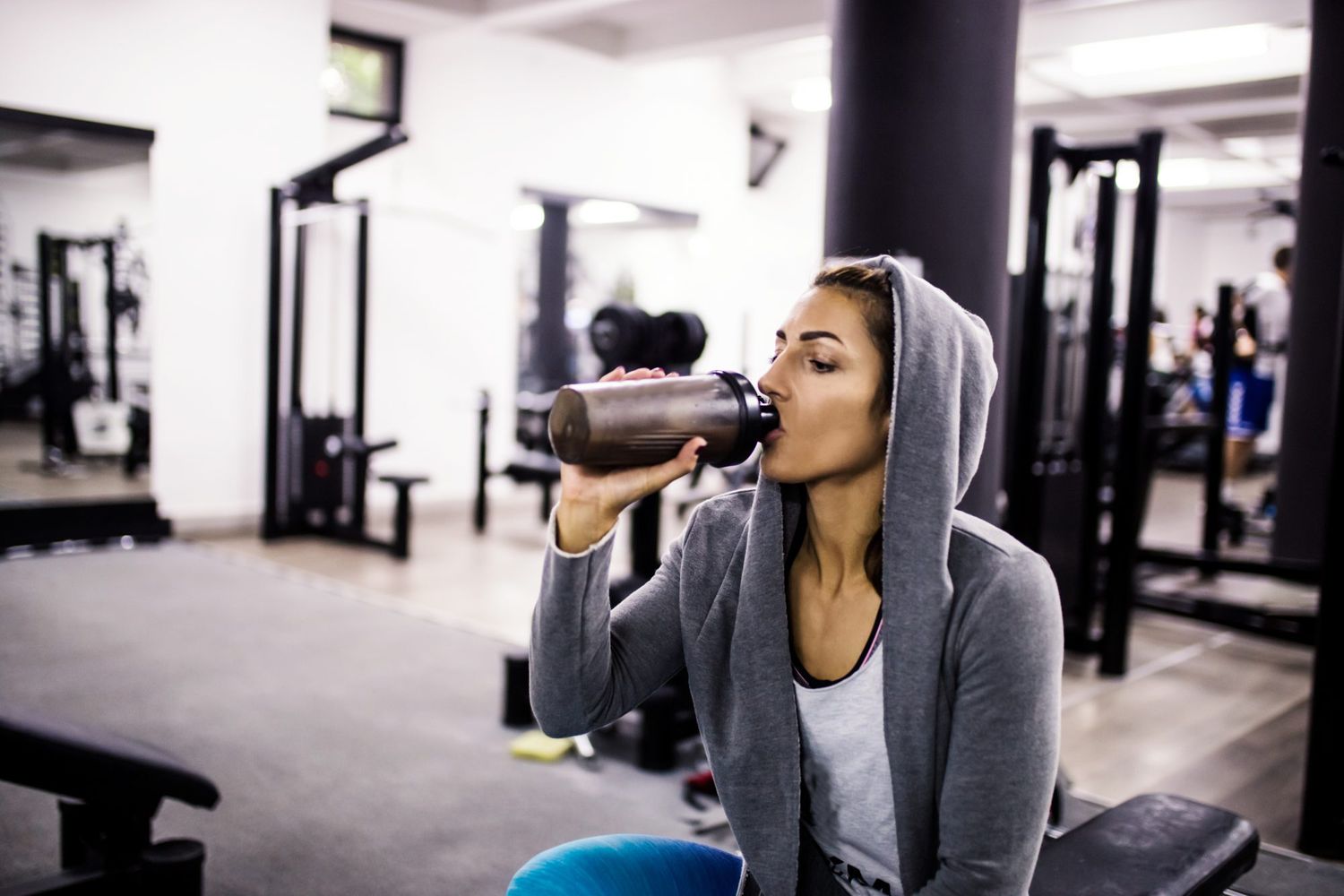
For the development, maintenance, and repair of muscles, protein is a crucial nutrient. And if you exercise often, particularly if you’re attempting to put on muscle, it’s probable that your body needs more protein to produce enough energy and to ensure that protein synthesis—the process of making protein molecules for the body’s cells—is occurring.
Protein smoothies are a convenient method to get the daily necessary amount of quality protein while consuming fewer calories than usual.
The ideal time to have that protein shake, though, is a topic of some discussion. Should you consume it before to, after, or even during exercise? In order to address these queries, we evaluate current scientific literature in this article and draw on the knowledge of exercise physiologists and sports nutritionists.
When Is the Best Time for a Protein Shake?
According to Brian Carson, Ph.D., a senior lecturer and researcher in exercise physiology and head of science and innovation for Whole Supp, a plant-based protein shake company in the U.K., it’s crucial to take the type of workout—and the reasons you’re working out—into account when choosing which foods to eat around that workout. He notes that much older studies often suggests ingesting protein right after after exercising, which has demonstrated to enhance muscle protein synthesis. “With protein, the idea is to stimulate muscle protein synthesis to optimize muscular development and strength,” he adds.
Recent studies suggest that consuming a protein shake immediately after exercise may not be as important as previously believed. The significance of post-exercise protein supplementation was investigated in a small 2017 research with 21 young males with more than a year of strength training experience. One group took in 25 grams of protein before resistance training for 10 weeks, while the other group took in the same amount after the workout. Interestingly, both groups’ findings for muscular growth at the conclusion of the trial were comparable. Researchers came to the conclusion that an individual’s desire, tolerance, and availability should be the deciding criteria for protein consumption.
Similar findings were reported in an earlier research from 2006 that examined the effects of protein supplementation on elderly males. Between the before- and post-training protein drinkers, there was minimal difference in muscle growth and strength increases after 12 weeks of resistance training.
Dr. Carson notes that although further study is undoubtedly necessary—both of these studies were constrained by their small sample numbers and exclusive attention to men—the available data implies that there may be some flexibility in the timing of your protein shake. In reality, according to the International Society of Sports Nutrition (ISSN), the “proper” time for your protein shake may vary on when you last ate, the quantity and nutritional makeup of that meal, as well as how much protein is suggested for you to eat daily.
Sufficient Daily Protein Intake: The Most Important Factor
According to Dr. Carson, the most crucial factors for muscle development and repair are an adequate daily protein intake and the protein’s quality (it should have a high percentage of necessary amino acids).
Stephanie Hnatiuk, a registered dietician and owner of Stephanie Hnatiuk Performance Nutrition in Winnipeg, Manitoba, adds that “someone who takes just a protein shake after a workout and doesn’t consume any additional protein sources the rest of the day would be worse off than someone who meets their total needs.”
What Is the Anabolic Window and Does It Matter?
According to Dr. Carson, the anabolic window is a hotly contested notion that suggests there is a short window of time after exercise when muscle development may be enhanced by the ingestion of macronutrients, particularly protein.
The anabolic window is said to only last about 30 minutes. In reality, this is untrue, claims Hnatiuk.
The protein consumption window may be even wider for people who don’t exercise in a fasted state because individual factors like body composition, age, and activity level can all affect optimal muscle growth. People who exercise in a fasted state are typically advised to eat protein shortly after their workout to help with muscle growth and recovery.
How Much Protein Do You Need When Exercising?
Currently, 0.8 grams of protein per kilogram of body weight is the recommended dietary allowance (RDA) for protein. Therefore, it is recommended that a person who weighs around 63 kilograms (139 pounds) daily ingest about 50 grams of protein.
However, this RDA for protein is the bare minimum that a sedentary person needs—not the ideal amount that one would need to feel great and especially not the amount that an active person could require to grow muscle.
A protein calculator, consultation with a nutritionist or personal trainer to define more individualized objectives, or utilizing a protein calculator are all options for athletes and other active people who want to eat the proper amount of protein to achieve their desired fitness outcomes. The U.S. Department of Health and Human Services’ current dietary recommendations place more emphasis on the kind of protein and its nutritional density than they do on the recommended daily quantities when it comes to overall health.
The precise time of a protein shake appears to matter less than the overall quantity of protein you take each day, as well as the quality of that protein, if you’re trying to refuel your body and refill your muscles after an exercise. If you have particular fitness objectives in mind, consider seeing a qualified dietitian or a licensed personal trainer to learn more about the amount of sports nutrition that may be necessary to help you reach your objectives.